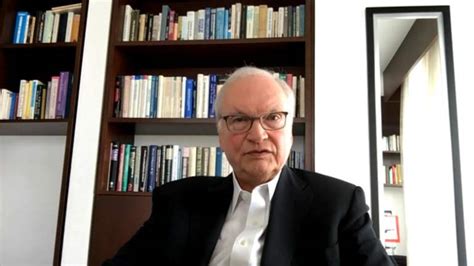A Quote by George MacDonald
It is when people do wrong things wilfully that they are the more likely to do them again.
Quote Topics
Related Quotes
I teach something called The Law of Probabilities, which says the more things you try, the more likely one of them will work. The more books you read, the more likely one of them will have an answer to a question that could solve the major problems of your life.. make you wealthier, solve a health problem, whatever it might be.
People who graduate are more resilient financially, and they weather economic downturns better than people who don't graduate. And, throughout their lives, people who graduate are more likely to be economically secure, more likely to be healthy, and more likely to live longer. Face it: A college degree puts a lot in your corner.
Sometimes, when I hear people without experience of addiction blame addicts for their behaviour I feel like saying to them: "You simply don't understand - how can a child be held responsible for doing such a dreadful thing to himself?" But then again, at other times I have to acknowledge: it was done wilfully.
Sometimes, when I hear people without experience of addiction blame addicts for their behaviour, I feel like saying to them: 'You simply don't understand - how can a child be held responsible for doing such a dreadful thing to himself?' But then again, at other times I have to acknowledge: it was done wilfully.
Here are the things I know for sure: When you think you're right, you are most likely wrong. Things that break - be they bones, hearts, or promises - can be put back together but will never really be whole. And, in spite of what I said, you can miss a person you've never known. I learn this over and over again.
It has been proven time and time again in countless studies that students who actively participate in arts education are twice as likely to read for pleasure, have strengthened problem-solving and critical thinking skills, are four times more likely to be recognized for academic achievement, four times more likely to participate in a math and science fair.





































